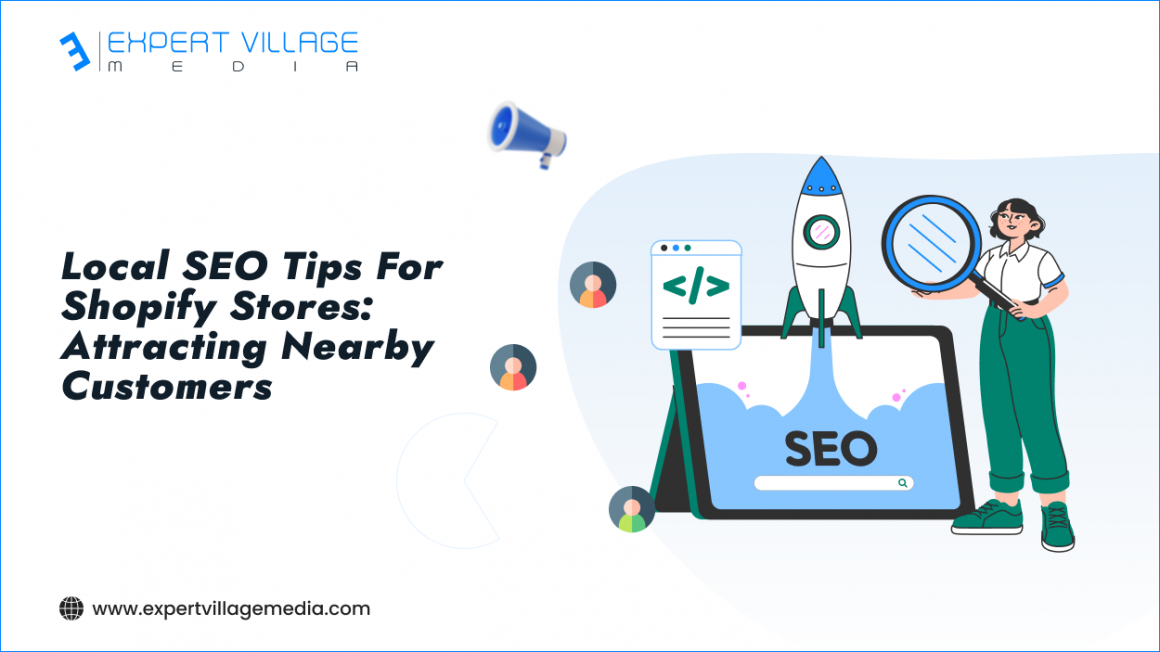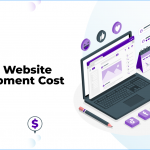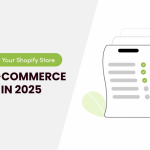In an increasingly competitive eCommerce landscape, local SEO has become essential for Shopify stores looking to attract nearby customers. Implementing the right strategies ensures that your business stands out to potential buyers in your area, driving both online and foot traffic.
A Shopify SEO specialist can help optimize your store by applying proven local SEO strategies for Shopify stores, such as enhancing your Google My Business profile, optimizing location-based keywords, and securing local backlinks.
In this article, we’ll explore the best local SEO tips for Shopify eCommerce sites, offering practical SEO tips for Shopify stores that can boost visibility and conversions from nearby customers.
What is local SEO?
Local SEO, or local search engine optimization, helps nearby customers easily find your retail business in search results. While many focus solely on SEO for their online store, incorporating local SEO strategies for Shopify stores is just as important for driving traffic to your physical location.
A Shopify SEO specialist can guide you in using the best local SEO tips for Shopify eCommerce sites to enhance visibility, ensuring local clients discover your business both online and offline. Embracing these SEO tips for Shopify stores can significantly boost foot traffic and local sales.
Why is local SEO important?
The ultimate purpose of local SEO is to assist increase traffic to your local business, allowing you to sell more. As consumers’ desire for multichannel shopping grows, most business owners are maintaining two locations.
Creating a local SEO plan will make your digital shop stand out, but it offers several advantages for your organization.
1. Increase website traffic and reach.
Local SEO increases the number of individuals who discover your website, hence expanding your total reach and brand exposure.
2. Increase foot traffic to your physical business.
Local SEO allows more people to locate your business, browse your website, and learn about it. Once customers have obtained this information, they are more inclined to shop in-store.
3. Establishing the reputation of your brand
Local SEO helps prospective clients locate your business online first, which increases brand awareness and trust while also explaining why your items are unique. This helps you to make a good first impression and encourages customers to visit your business.
4. Developing a devoted consumer base and community.
Using local SEO to attract nearby buyers’ attention can help you establish a loyal client base and a social media following. A highly engaged audience fosters confidence in your company and increases brand exposure.
5. Stand out from the competitors.
The majority of local company owners do not make use of local SEO. While it’s unfortunate that they don’t, this provides you the opportunity to separate out from the crowd and outperform your competition.
6. Obtaining additional consumer leads
Optimizing your web presence for local SEO helps clients locate your company. If it’s easy to locate, you’re more likely to get communications from possible consumers, whether via phone, email, or social media. Following the initial contact, it is simpler to nurture prospects and turn them into paying clients.
How to do local SEO: 5 Tips
It’s time to start developing your local SEO plan now that you know what local SEO is and why it matters for small companies. Though you won’t need to use all of these local SEO strategies right now, you will be better equipped to outperform companies who don’t see the value of SEO.
1. Make your website local search engine friendly
More than one-third of customers in North America learn about brands from their websites. Making it simple for customers to locate the things they’re looking for on your website requires local search engine optimization.
However, just what does this mean? Although it should not seem overwhelming, website optimization might be scary. Here’s where to begin.
Local content refers to any information related to your business that is relevant to your target audience in a specific area. By incorporating this type of content, you can attract potential customers searching for services or products that align with their needs.
One of the best local SEO tips for Shopify eCommerce sites is to include your business name, address, and phone number (NAP) in the HTML of your website, particularly on the “Locate Us” page and in the footer.
Having consistent NAP details in your HTML makes it easier for local customers to find your business and enhances your SEO efforts.
A Shopify SEO specialist can guide you through this and other local SEO strategies for Shopify stores, ensuring that your business information is up-to-date across all platforms, including Google listings, social media, and other online directories, to boost local visibility.
To sum up, it is advisable to concentrate on a single target keyword or phrase on each page. Because of this, optimizing landing pages for search engine optimization allows you to target more keywords and add additional points of access to your website. With reviews to back it up, Shogun is the go-to landing page builder for Shopify retailers.
2. Research local SEO keywords
It’s crucial to conduct keyword research before writing content for your website or updating your listings for organic search. This can help you identify the terms that are most pertinent to your industry, as well as the typical search volume and level of competition for each keyword or phrase.
To do this, visit the brand’s website and carefully review each page to determine the kind of material the company is most interested in. Additionally, you may use this SERP simulator tool to observe which keywords appear in the metadata by plugging links from different sites. The term “search engine results pages” (SERP)
In order to find out which keywords your rivals are ranking for, which terms you also rank for, and whether there are any keyword gaps, you may also employ tools to spy on them. I’ll go into further detail about these tools below.
Returning to the kitchen accessory boutique example from before. Searching for “kitchen accessories” on Google will bring up a “People also ask” page. You’ll get an understanding of the most often asked queries concerning kitchen accessories from this. You can use any or all of these questions in your blog post if you’re writing one.
A section labeled “Related searches” may be found at the bottom of the search results page. You should definitely use this to find other long-tail keywords that you might be interested in employing.
Using this strategy, you may conduct a Google search for your product type and area and then conduct an equivalent analysis of the results.
3. Create a profile on Google Business.
Let’s take a closer look at setting up your Google Business profile, which was originally known as Google My Business. For local SEO advantages, you may also build listings on Bing Places and Apple Maps. Optimizing each listing means adding all the information about your company, maintaining them current, and ensuring that each listing is validated.
Connecting with local consumers on Google Maps and Search is made simpler with Google Business, which is available for free. You have the option to build a listing that includes contact information, a link to your website, opening and closing times, a map, images, videos, discounts, reviews, and more about your business.
4. Request that patrons “check-in” on Facebook at your store.
Facebook check-ins provide all the information a prospective consumer is searching for about your business, and they are practically the same as a buddy personally recommending you to a business. Your Facebook business page will also display the overall number of shop check-ins.
Additionally, if a person views a Facebook check-in on a mobile device, they may click on a map to get driving directions to your place of business.
Encouraging consumers to check in will increase brand recognition and increase the likelihood that their friends and family will visit your neighborhood store.
5. Obtain citations locally
A local NAP (name, address, and phone number) citation in the context of local SEO is any online reference to a local business’s information on social media, websites, apps, business directories, and more.
These remarks can appear in an unstructured (like in a blog post or as part of a narrative) or organized (like in business listings) fashion.
For local SEO, NAP citations are essential for the following reasons:
Relevance: NAP data is used by search engines like Google to assess a company’s legitimacy and relevance. Maintaining the same NAP information across several citations increases authority and trust, which increases the likelihood that your company will appear higher in local search results.
- Local search ranking: Your local search score may be greatly impacted by having precise, reliable NAP citations. This is so that search engines can make sure the data is consistent by cross-referencing and validating it from several sources.
- Visibility and traffic: NAP citations improve your online visibility in addition to having an effect on your local results. The increased exposure can result in an increase in website traffic, clients, and eventually revenue or conversions.
- Local listing: Precise NAP citations can assist your company in being included in the highly sought-after Google Local Map Pack, which is a collection of companies that show up first on Google’s search engine results page (SERP) when users search locally.
Conclusion
In conclusion, implementing effective local SEO strategies for Shopify stores is essential for attracting nearby customers and increasing both online and offline traffic.
By optimizing your store with the best local SEO tips for Shopify eCommerce sites, such as updating your business information, using location-based keywords, and enhancing your Google presence, you can significantly improve visibility in local search results.
A Shopify SEO specialist can help you tailor these SEO tips for Shopify stores to meet your business goals, ensuring that your store reaches the right audience and boosts local engagement.











